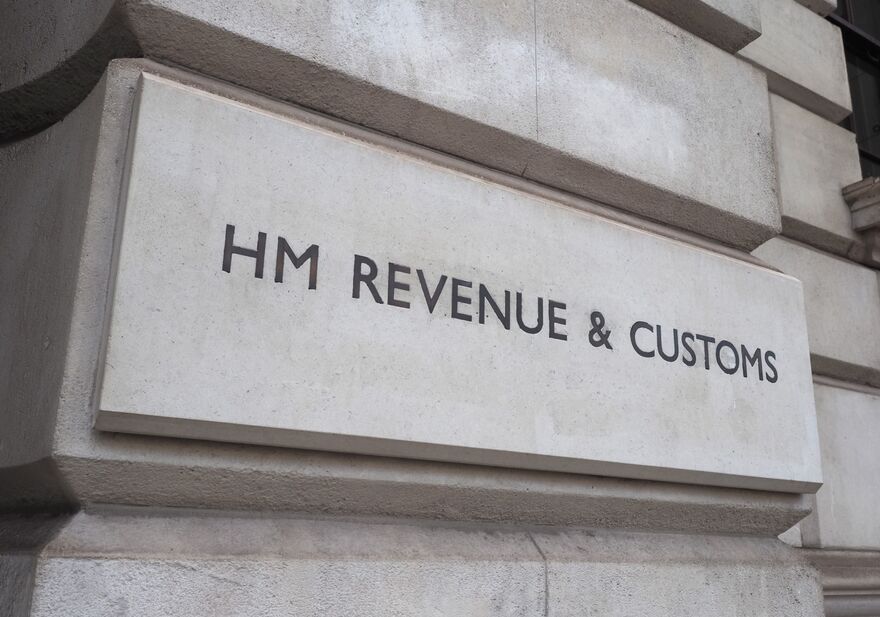Following the release of a paper to its Trust Registration Service (“TRS”) subgroup, HMRC have confirmed that where a trust loses its taxable status, it needs to be closed and re-registered using the TRS.
A trust registered on the Trust Registration Service will be considered as ceased to be taxable when it is no longer liable to pay any of the following relevant UK taxes:
- Income Tax
- Capital Gains Tax
- Inheritance Tax
- Stamp Duty Land Tax
- Land and Buildings Transaction Tax/ Land Transaction Tax
- Stamp Duty Reserve Tax.
Previously, when a trust lost its taxable status and it was not expected to become taxable again, trustees had the option to close the trust and re-register it as non-taxable, or to leave the trust as it was. However, following HMRC’S decision, all trusts which lose their taxable status must be closed and re-registered using the Trust Registration Service by 31 January of the next tax year.
There are limited circumstances where a trustee is not obliged to close and re-register their trust as non-taxable, for example if a trustee believes that a trust that has ceased to be taxable may become taxable in the near future, it can remain as registered taxable. In the circumstance that a trust may be liable to a one-off tax charge and is registered as non-taxable, the trust should be changed to taxable to make the payment due. The trust should then be closed and re registered as non-taxable by 31 January the following tax year.
HMRC have confirmed that these changes will apply to trusts which are to be classified as non-taxable due to having income of £500 or less per tax year.
It is crucial that Trust details are kept up to date to ensure that the correct information is held by HMRC to avoid the possibility of penalties being imposed.
If you have any questions or concerns regarding these changes, please contact a Jan Tyler at [javascript protected email address]
The information on this site about legal matters is provided as a general guide only. Although we try to ensure that all of the information on this site is accurate and up to date, this cannot be guaranteed. The information on this site should not be relied upon or construed as constituting legal advice and Howes Percival LLP disclaims liability in relation to its use. You should seek appropriate legal advice before taking or refraining from taking any action.

